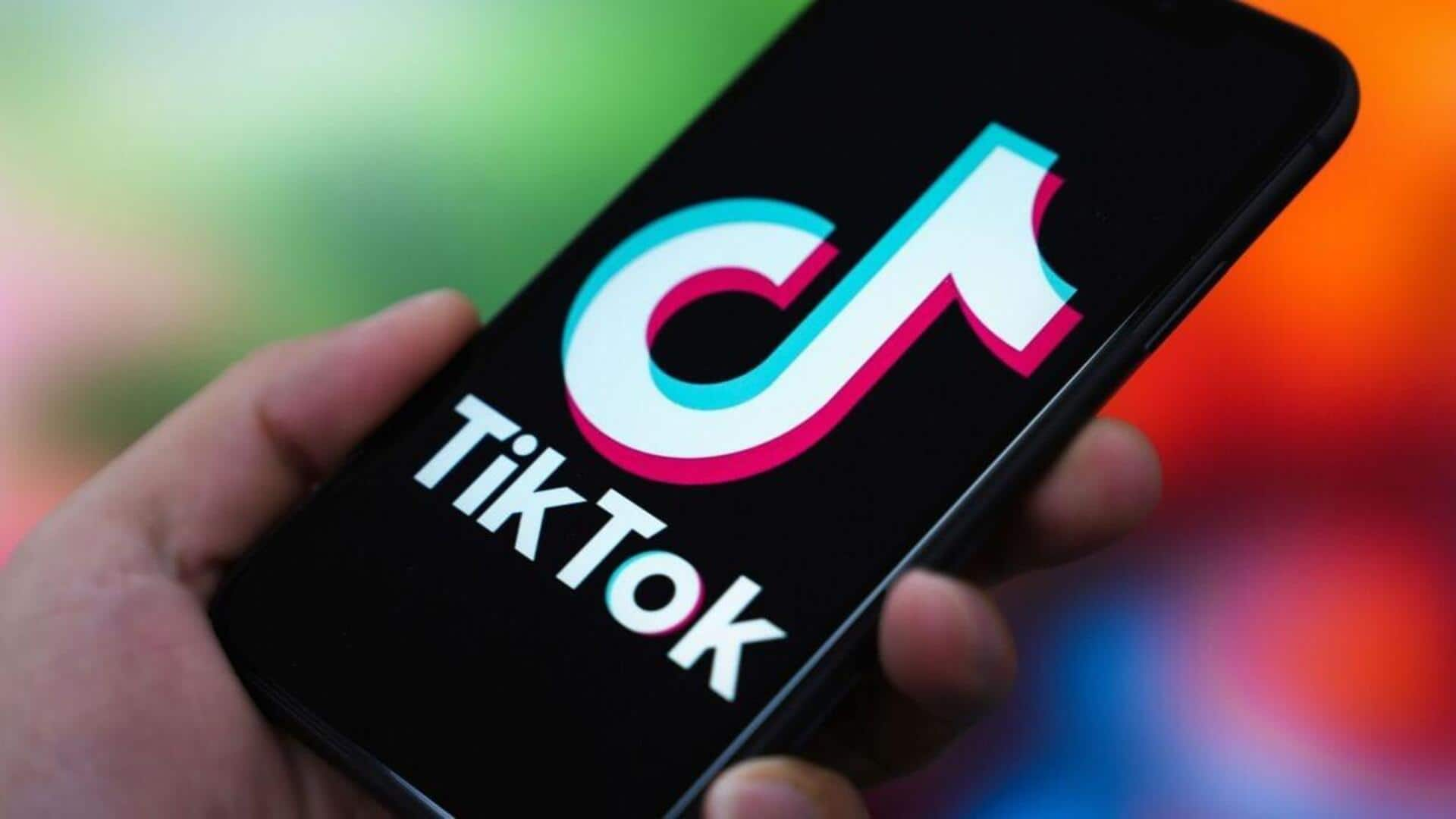
TikTok might be harming the mental health of teens
What's the story
A video, presented as evidence in a North Carolina lawsuit against TikTok, shows current and former employees of the company expressing concerns about its popular algorithm harming young users' mental health. The revelations contradict the company's public stance that its platform is safe for young people. The lawsuit was filed last year by then-North Carolina Attorney General Josh Stein and several other state attorneys general.
Lawsuit allegations
Suit accuses TikTok of being 'highly addictive to minors'
The lawsuit accuses TikTok of being "highly addictive to minors" and deceiving parents and children about the potential safety risks of the app. On Tuesday, North Carolina Superior Court Judge Adam Conrad had ruled that both the complaint and video evidence should be made public. He also denied TikTok's request to dismiss the suit. The video in question is a compilation of clips from internal meetings where some workers questioned the safety of the app for teens.
Employee testimonials
Employees discuss platform's impact on mental health
Nicholas Chng, a former risk detection employee at TikTok, said in the video that "some of the stuff that people find interesting are not always the most healthy." He added that the platform's design encourages certain types of content to be posted. Brett Peters, TikTok's global head of creator advocacy and reputation, talked about the company's goal of keeping users on the app longer for diversifying its content ecosystem.
Company stance
TikTok introduces youth safety features
A TikTok spokesperson had earlier called the lawsuit "inaccurate and misleading." The company has introduced several youth safety and parental control features in recent years, including default privacy settings and disabling late-night notifications. More recently, it launched a "guided meditation" feature to encourage teens to reduce their scrolling time. Despite these efforts, the unsealed video shows some employees were still worried about the potential impact of the app on young users' mental health.
Internal debates
App promotes 'compulsive use'
The video shows Alexandra Evans, a former head of safety and public policy for Europe at TikTok, saying the app "has baked into it compulsive use." She emphasized the need to be aware of what this could mean for other opportunities such as sleep and eating. Ashlen Sepulveda, a former trust and safety employee at TikTok, also expressed concerns about the algorithm pushing content based on user interests, particularly mental health-related topics.